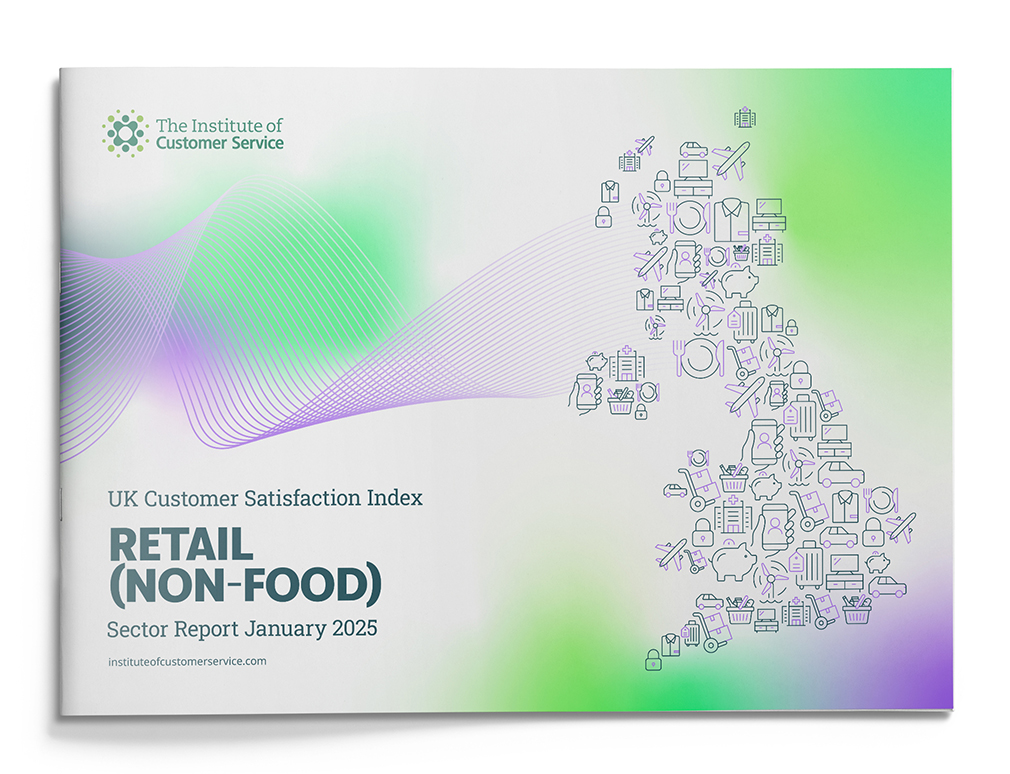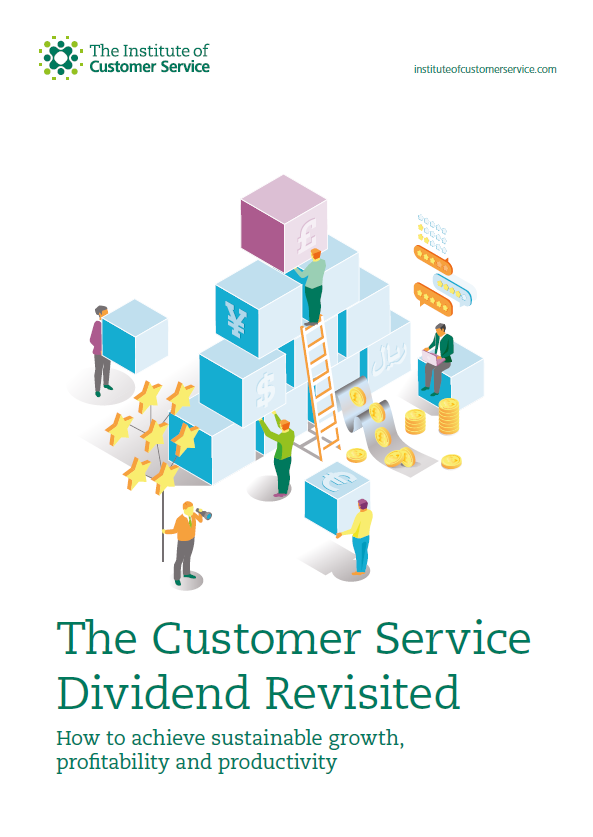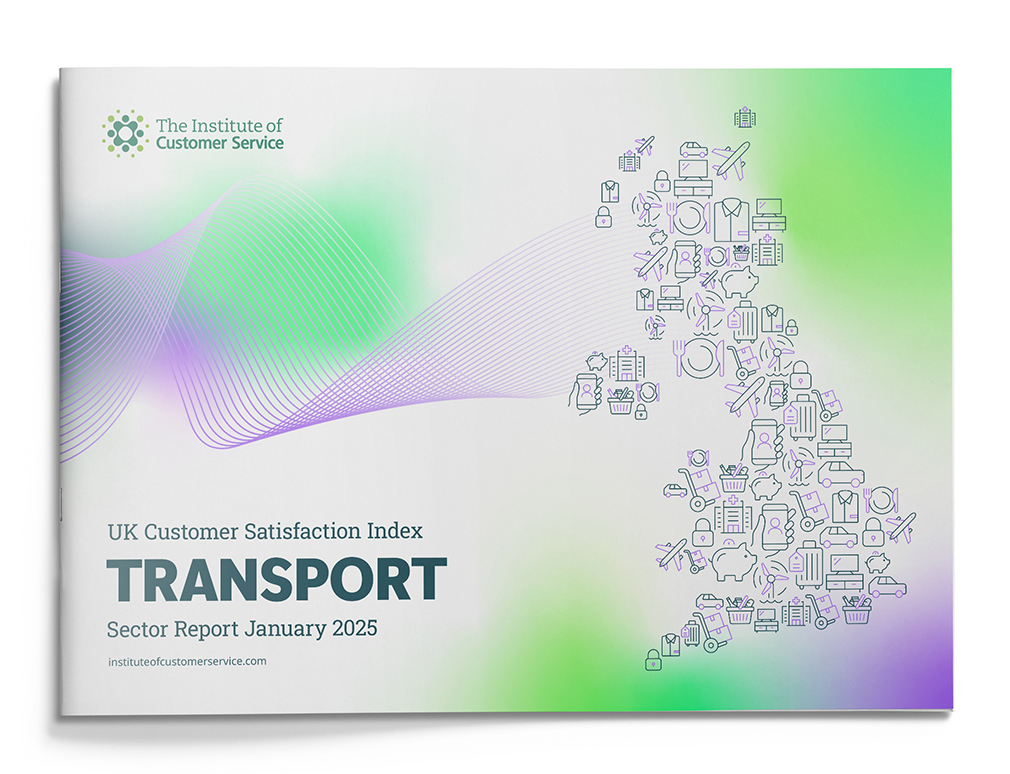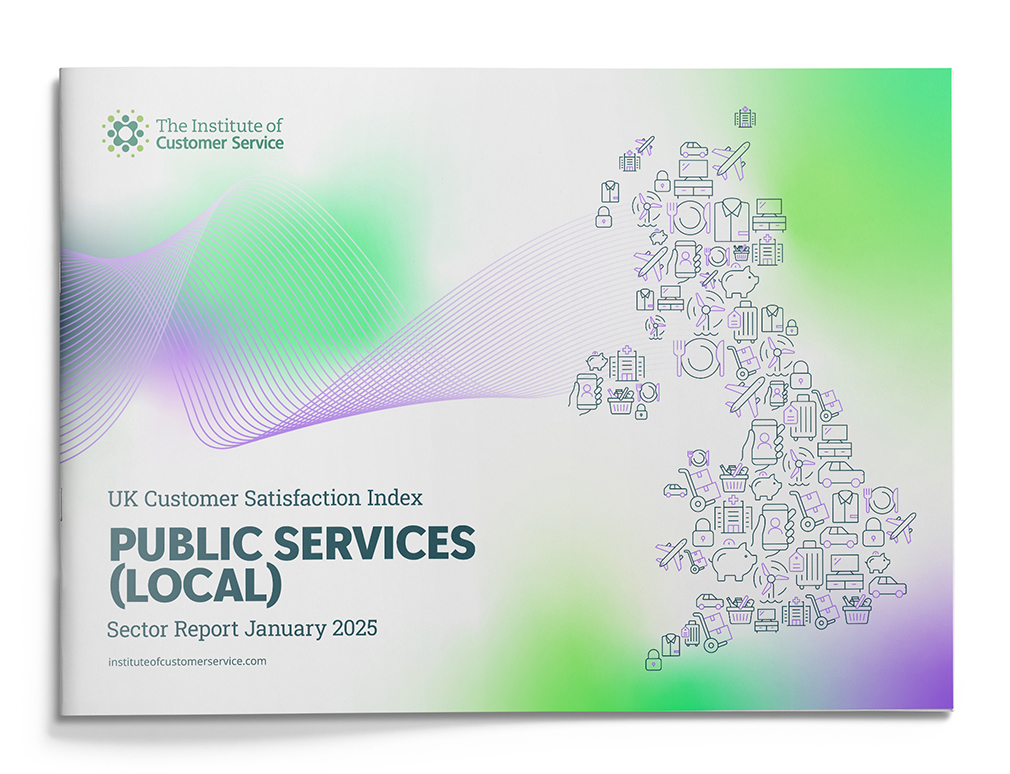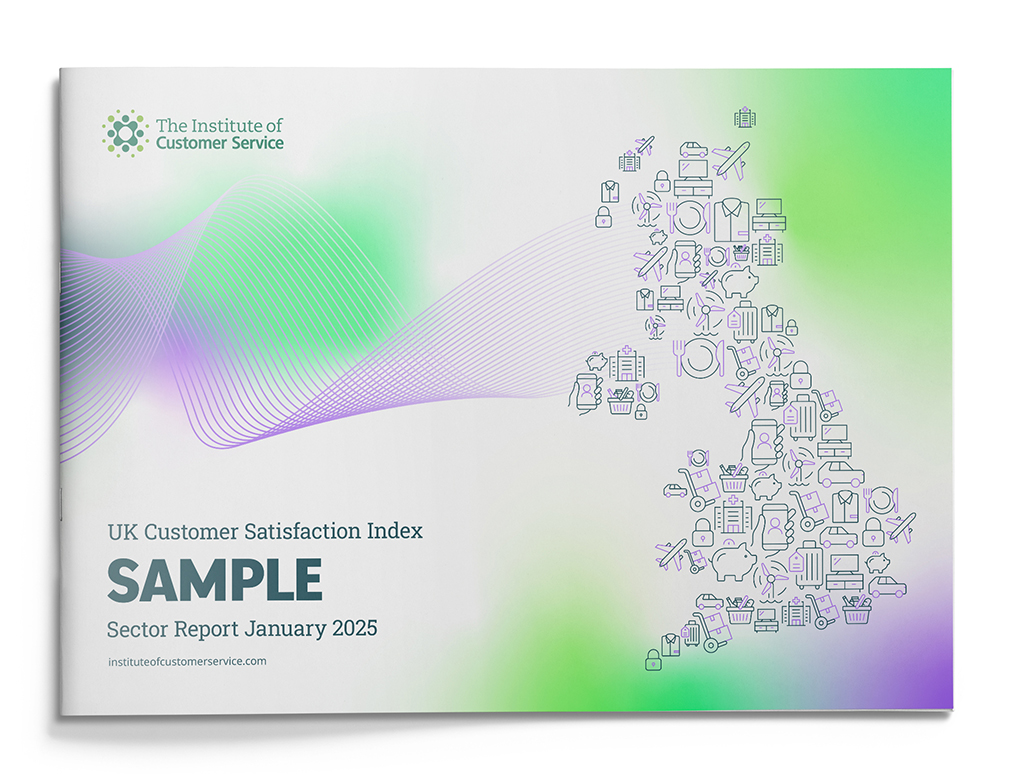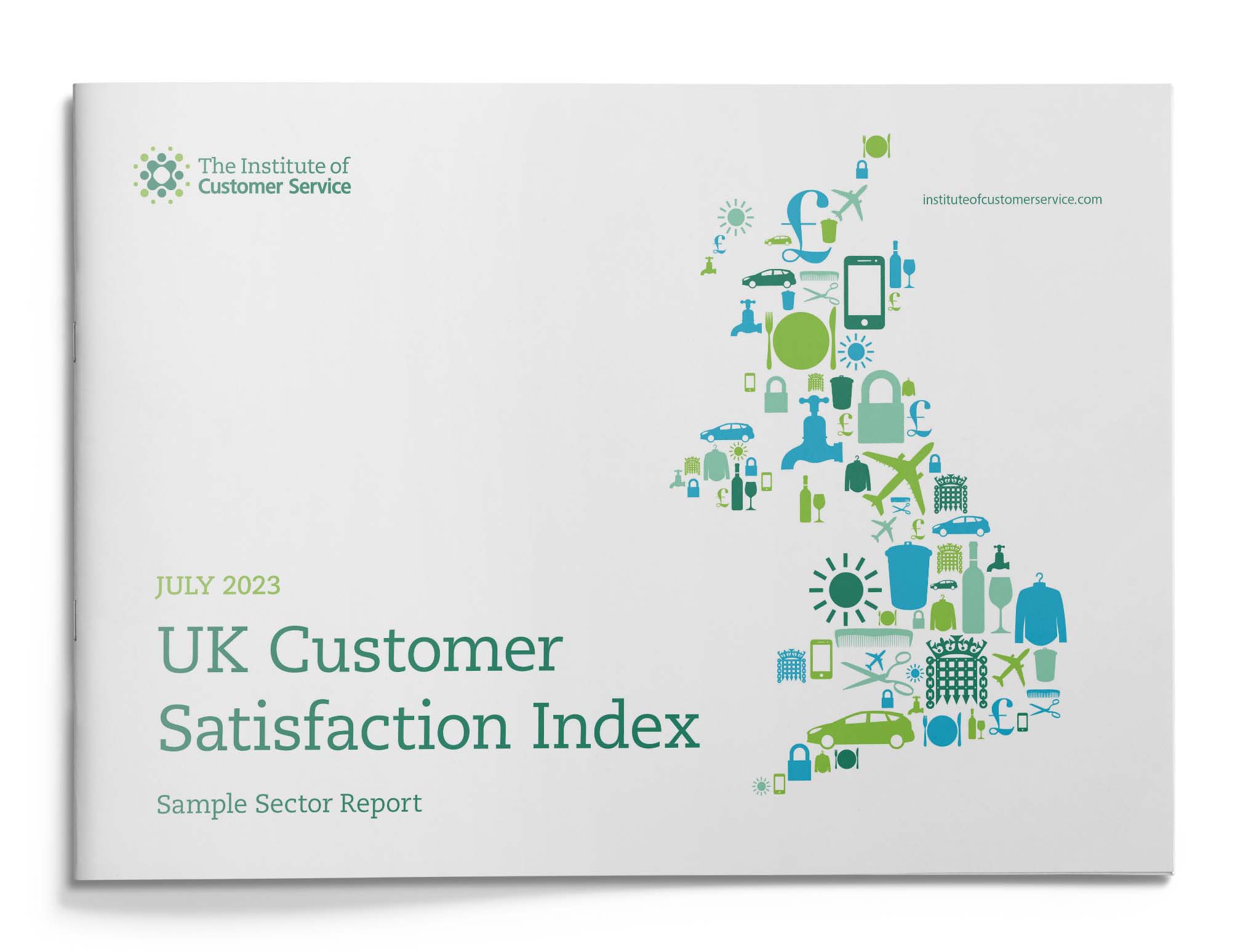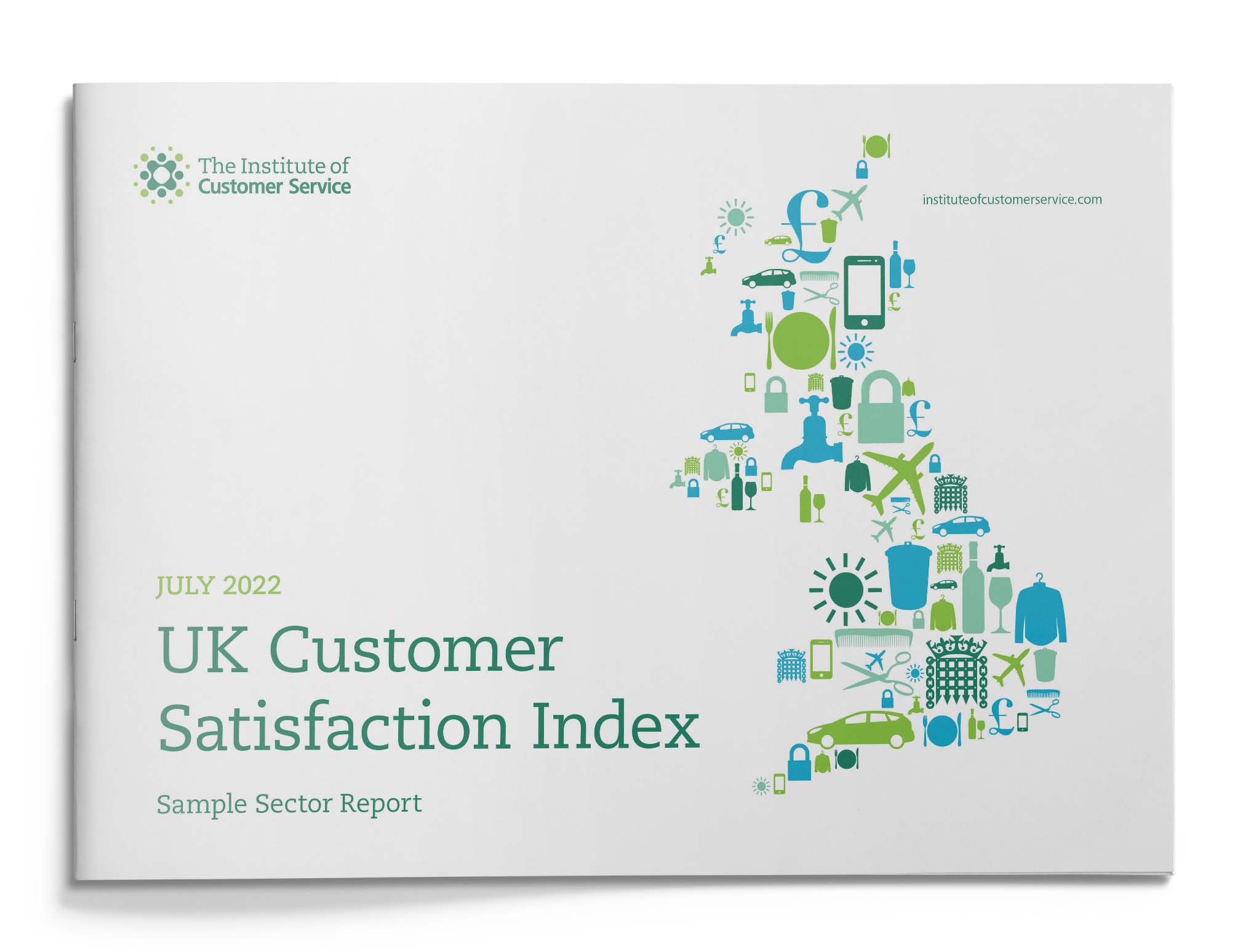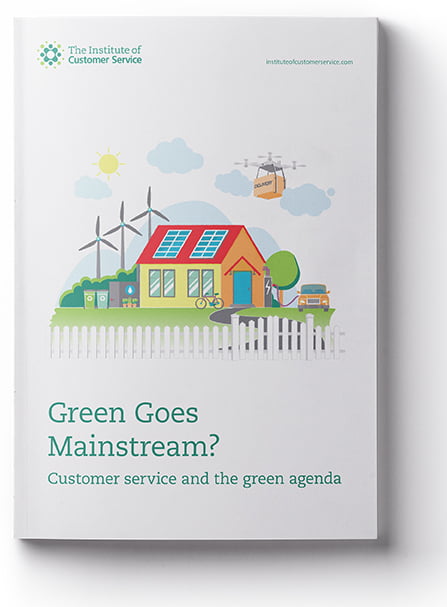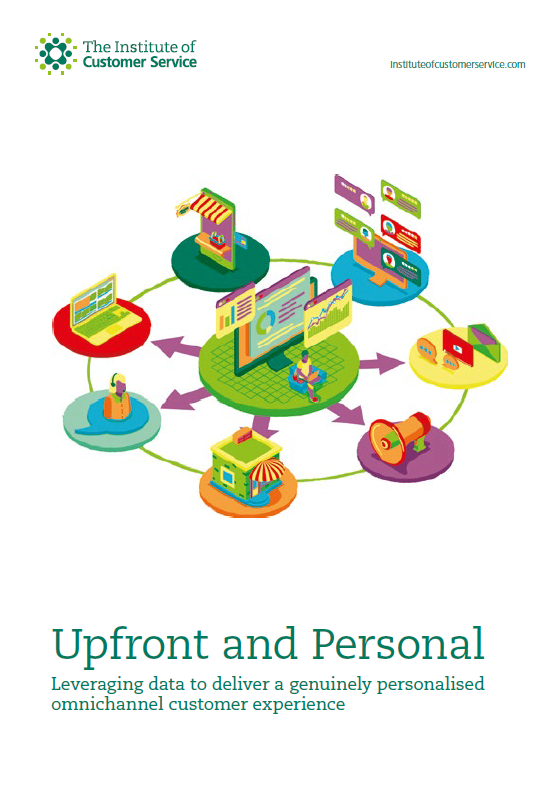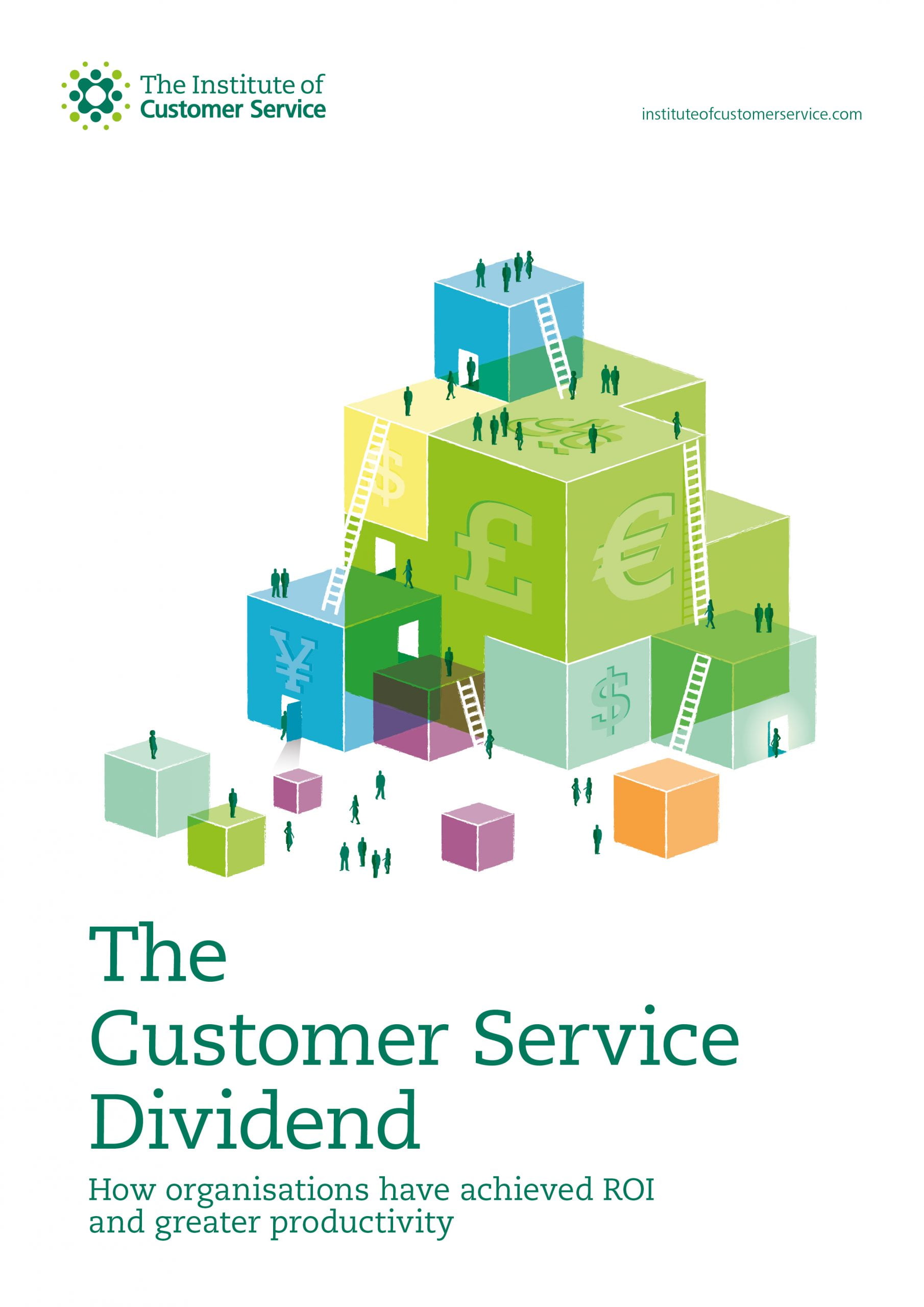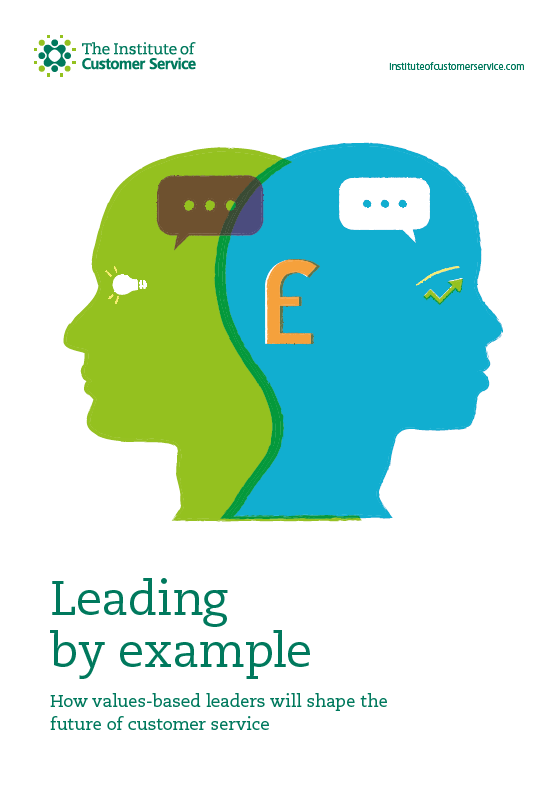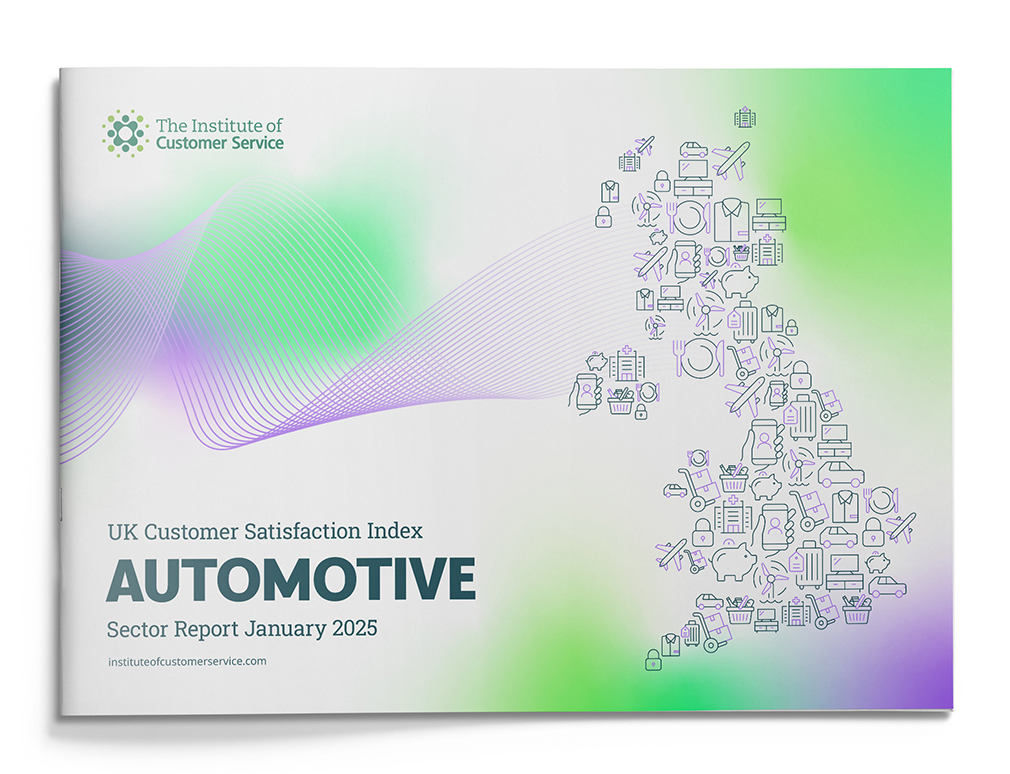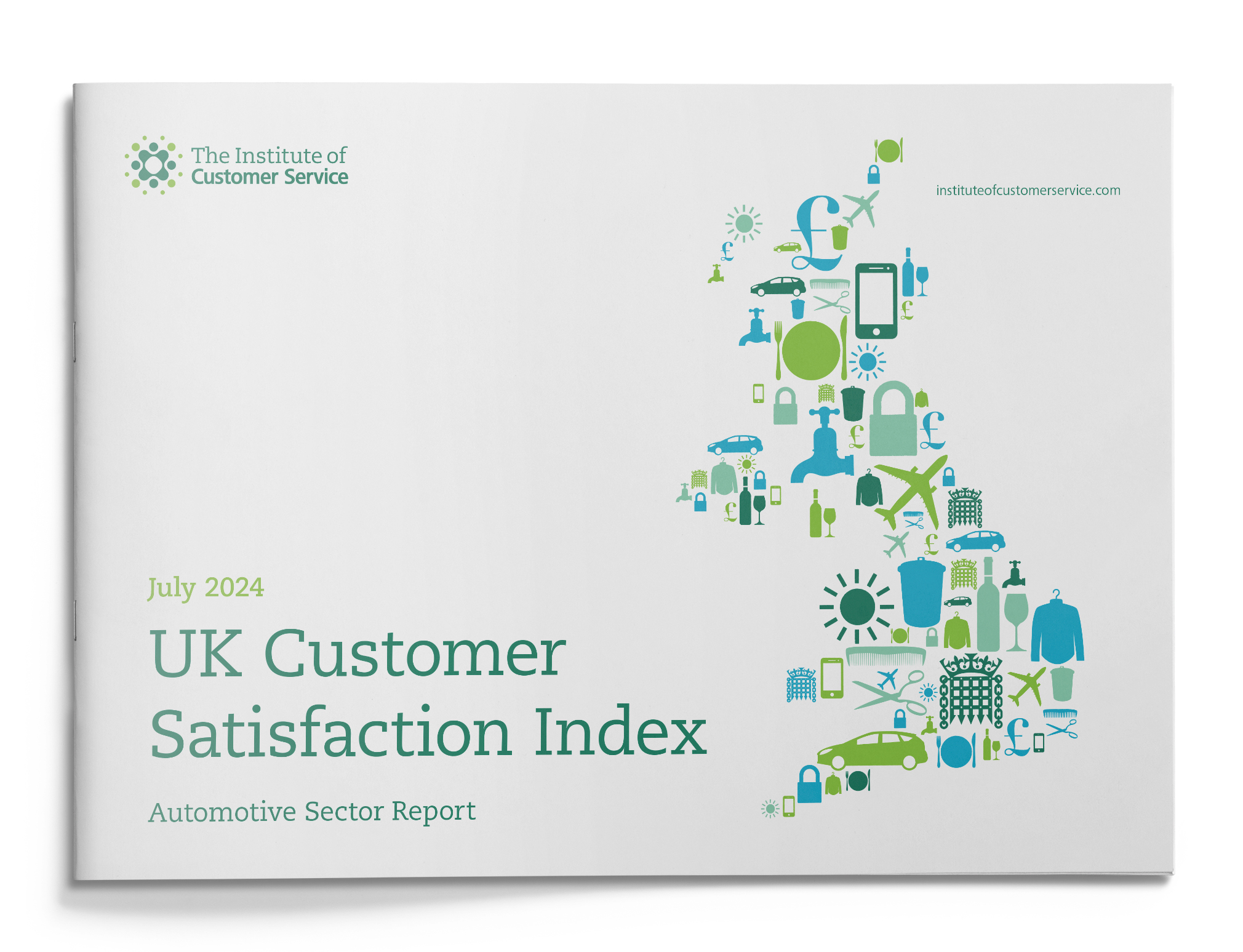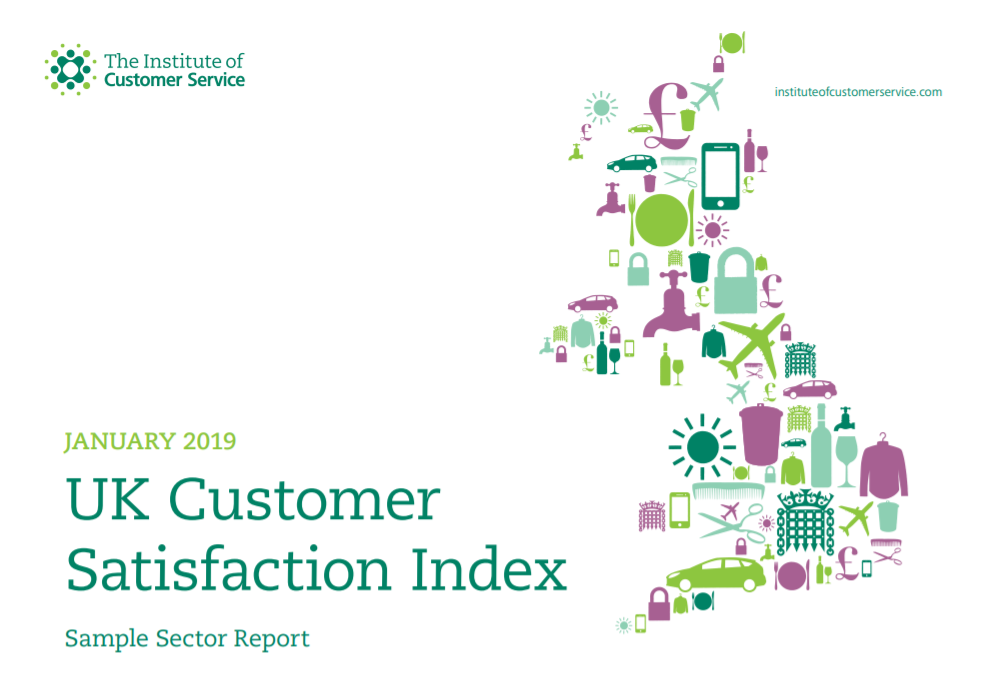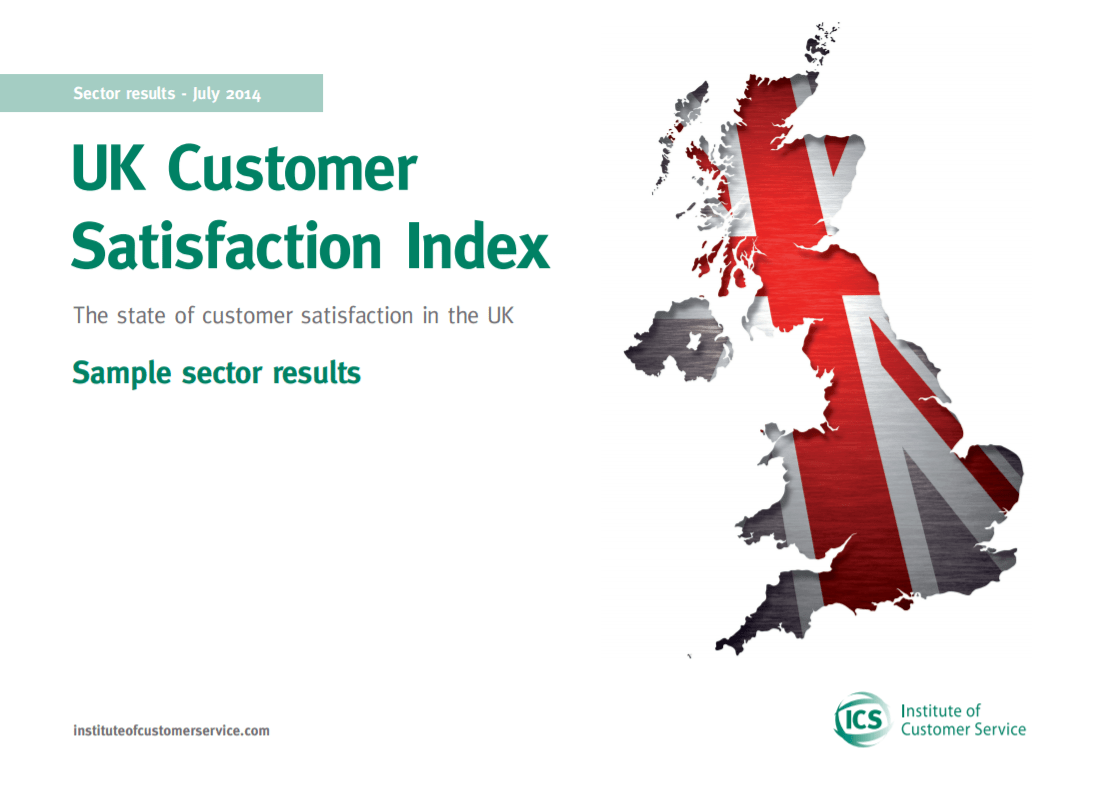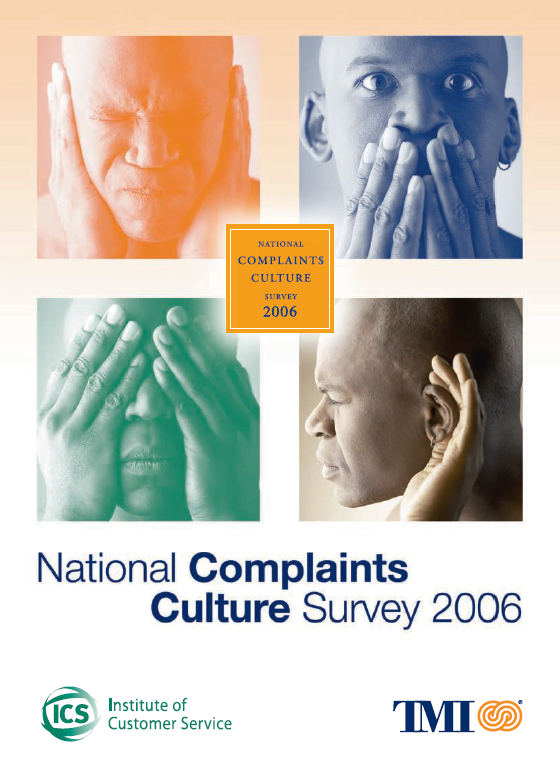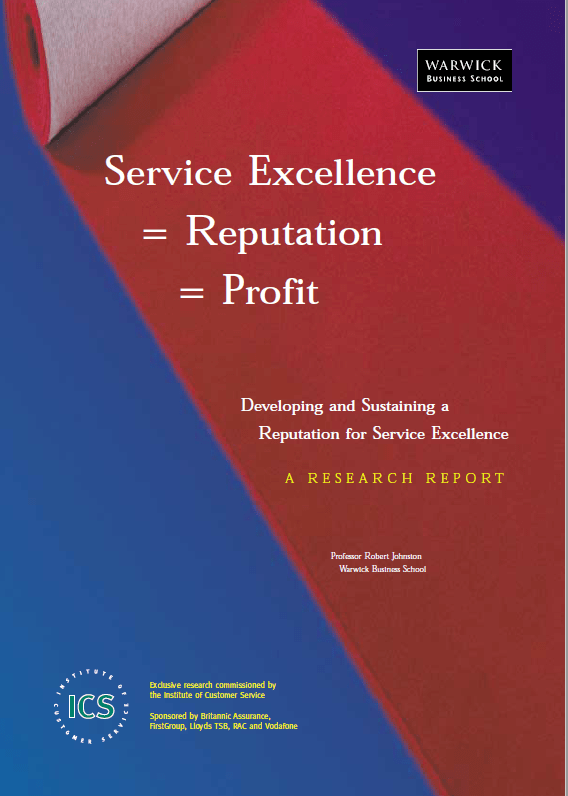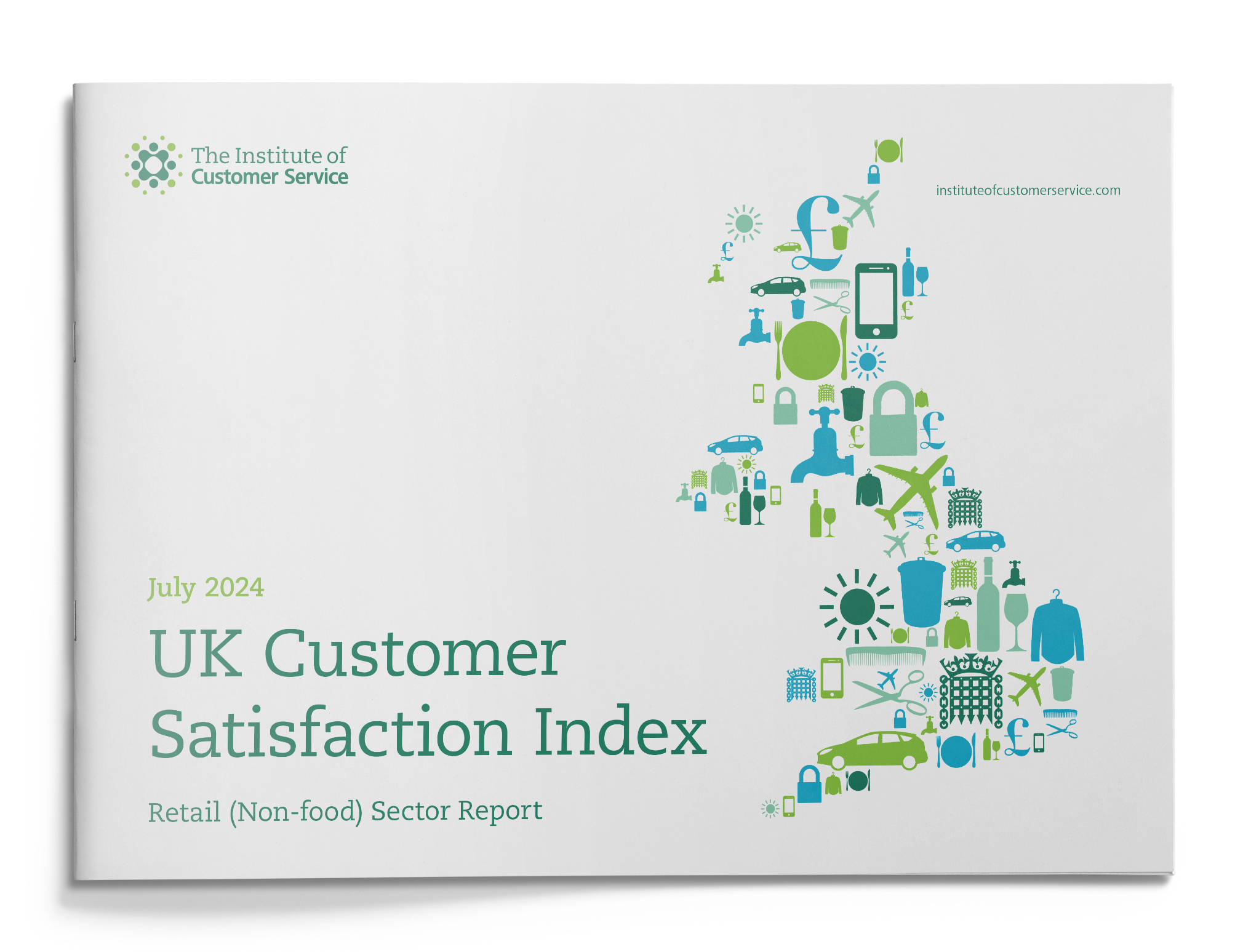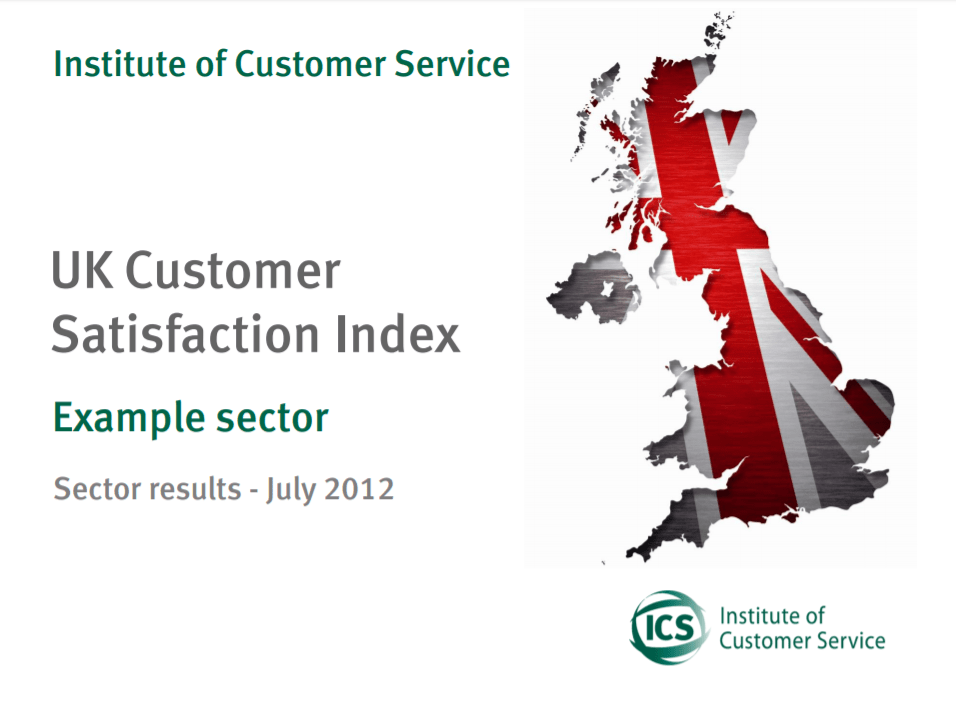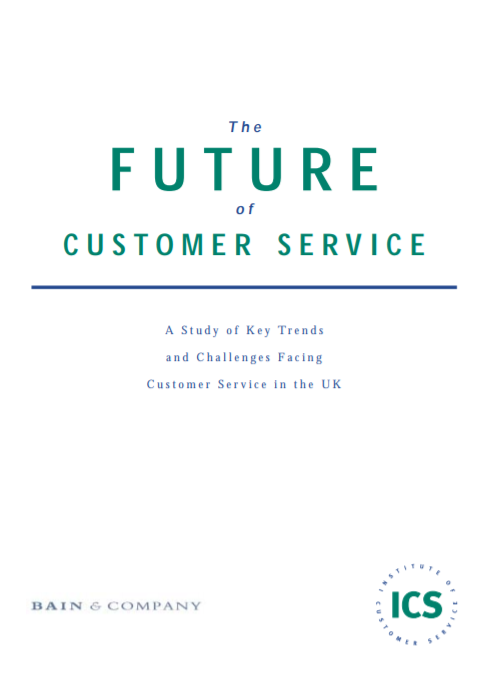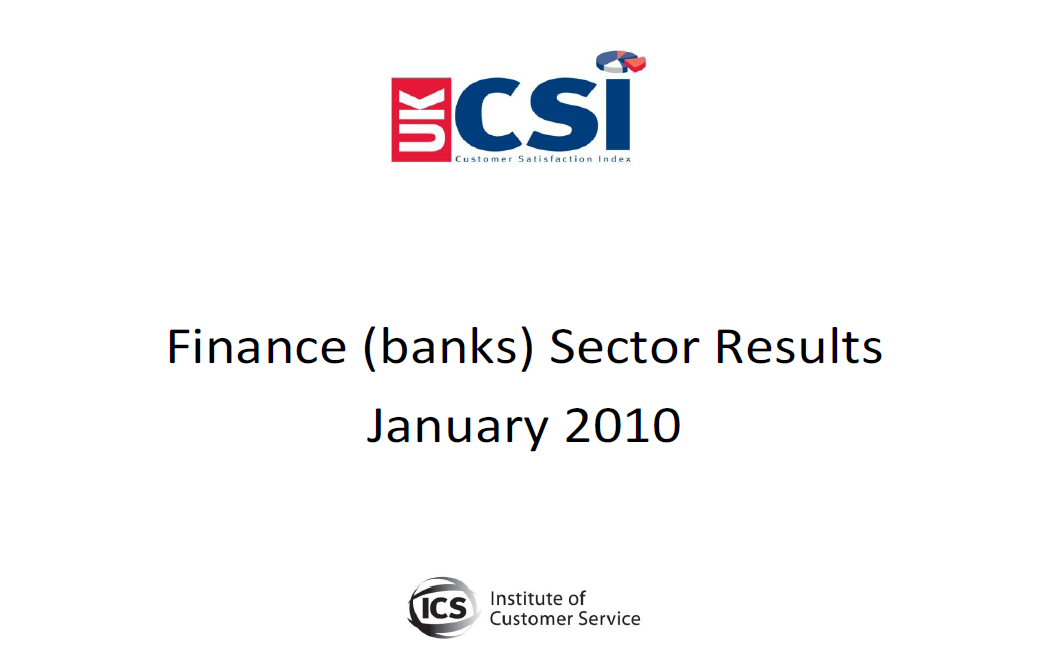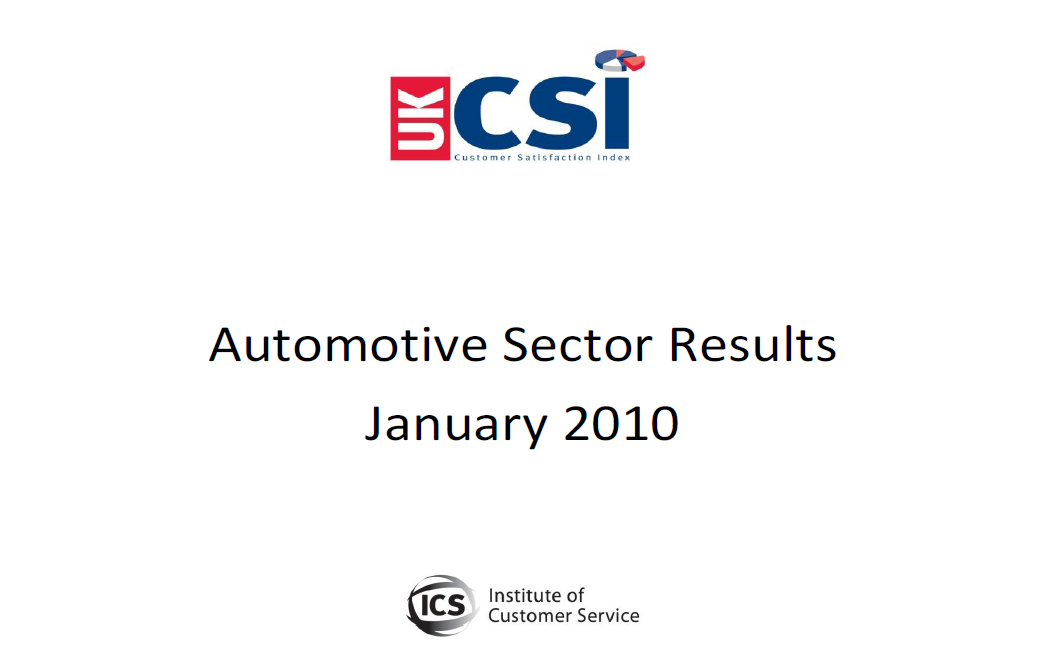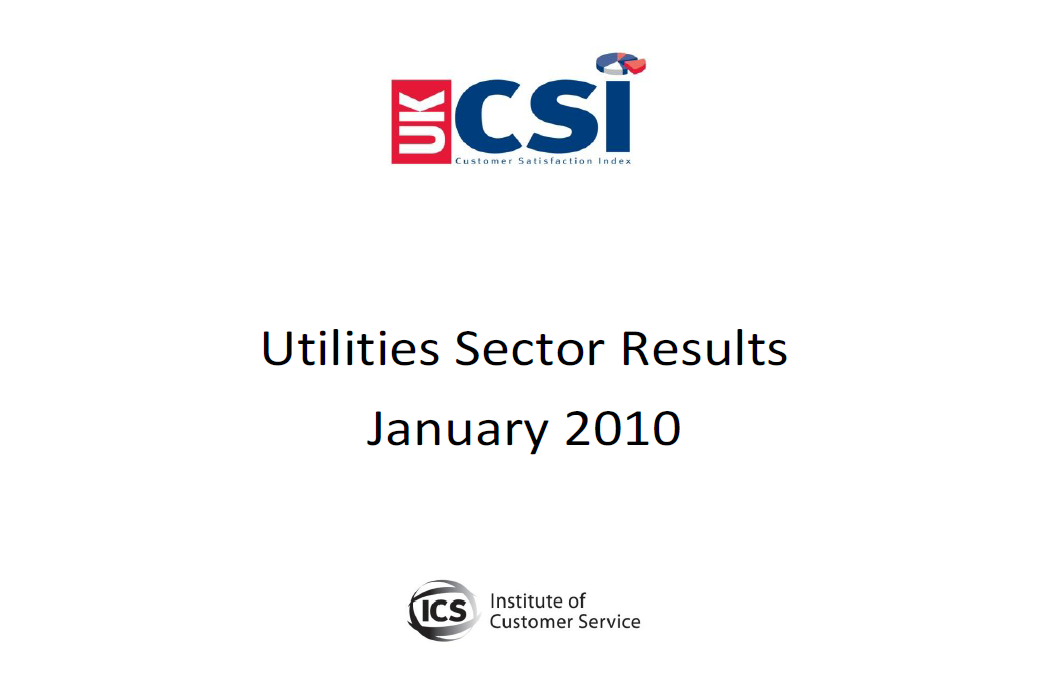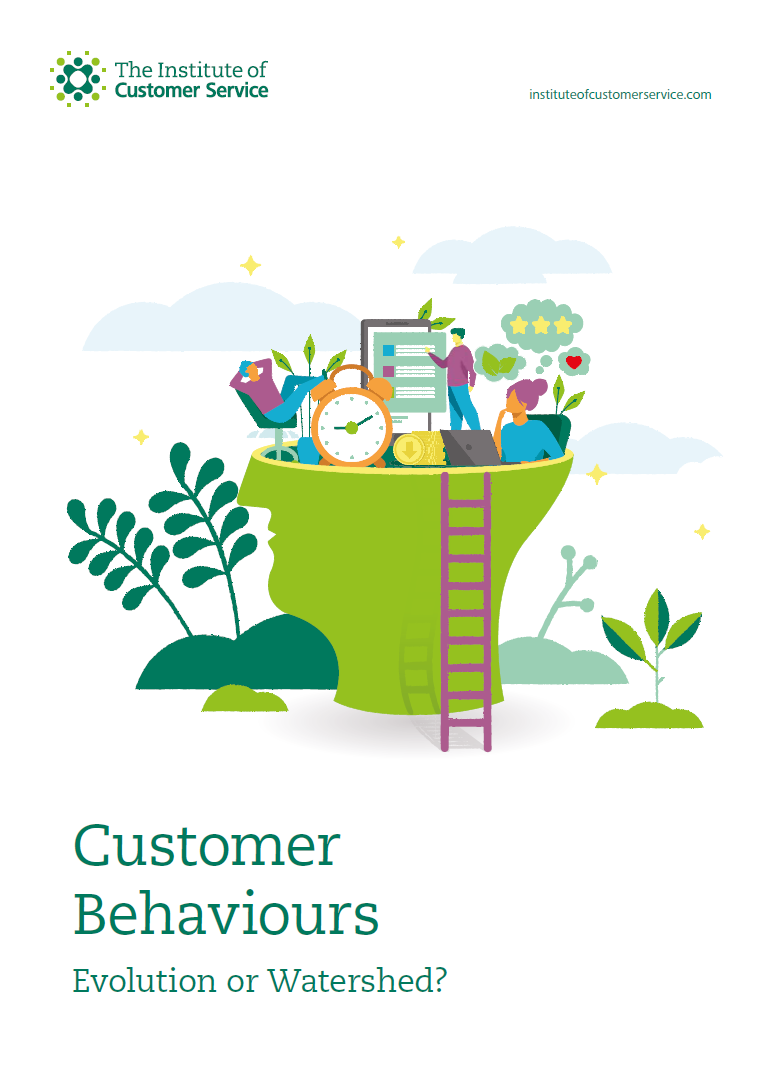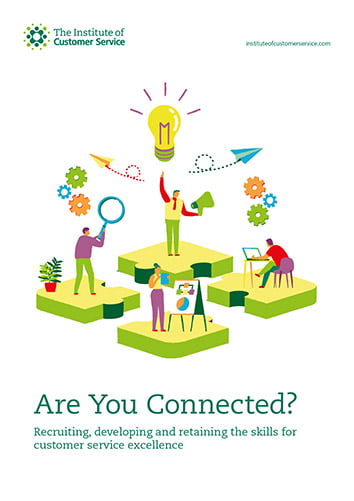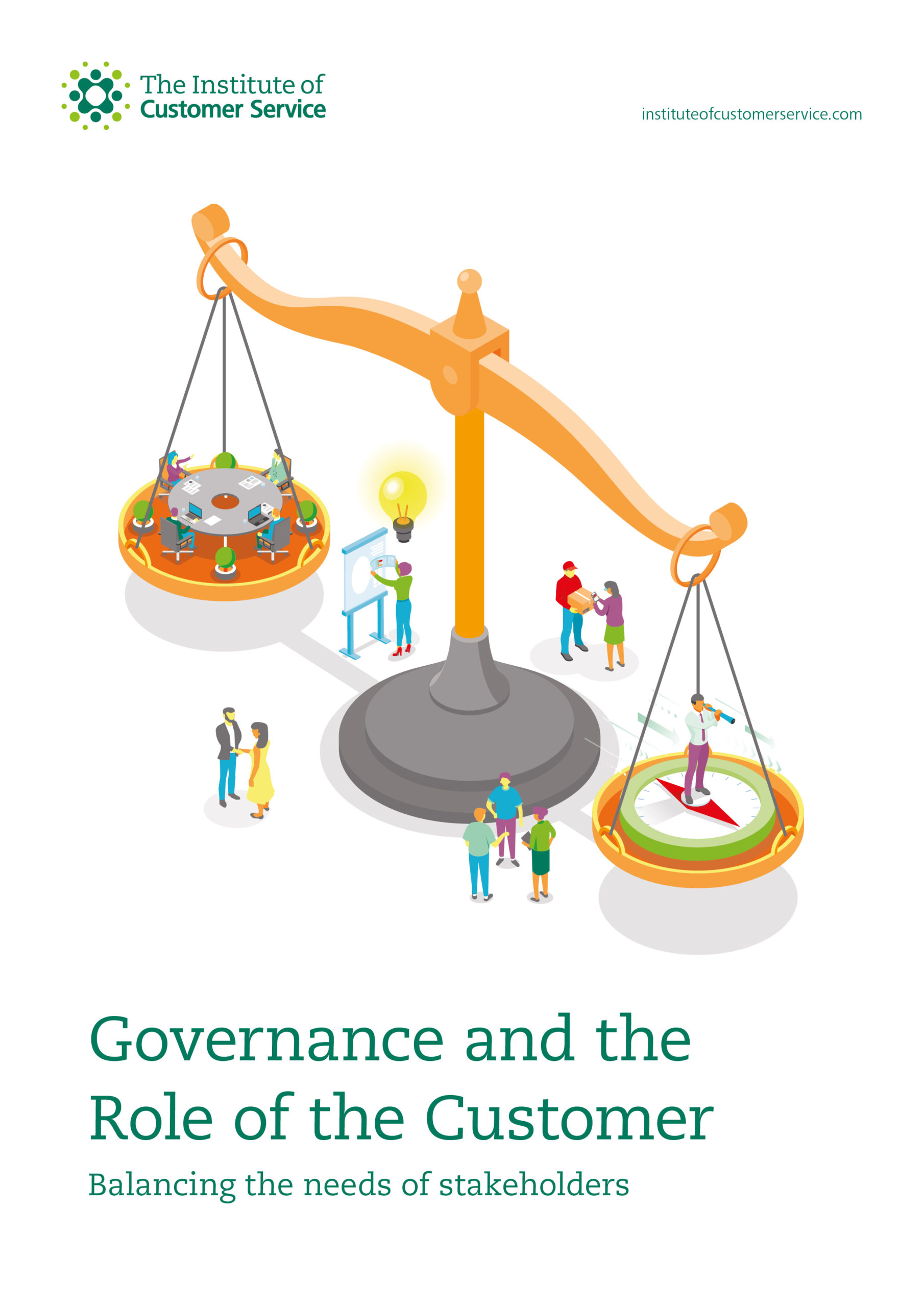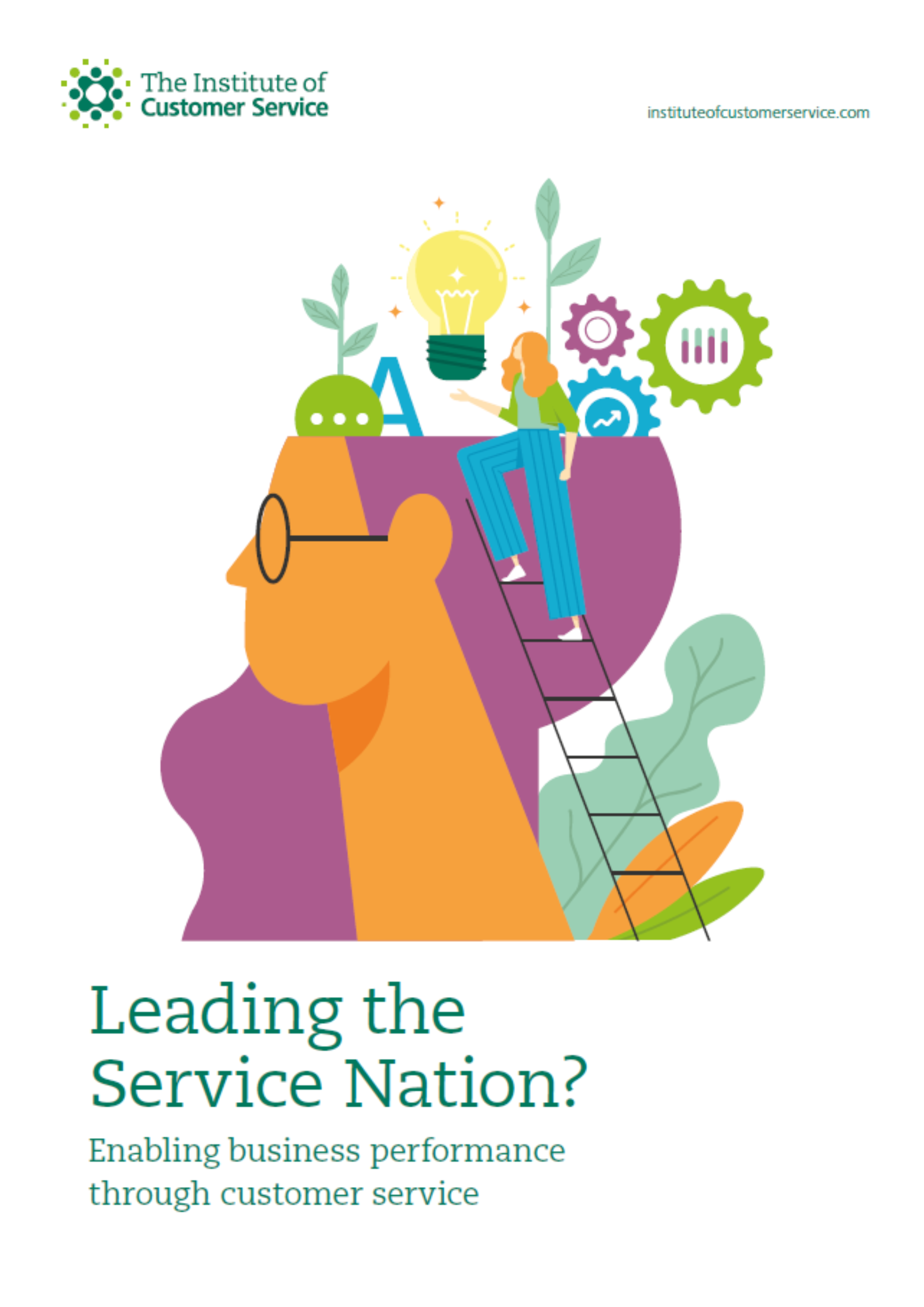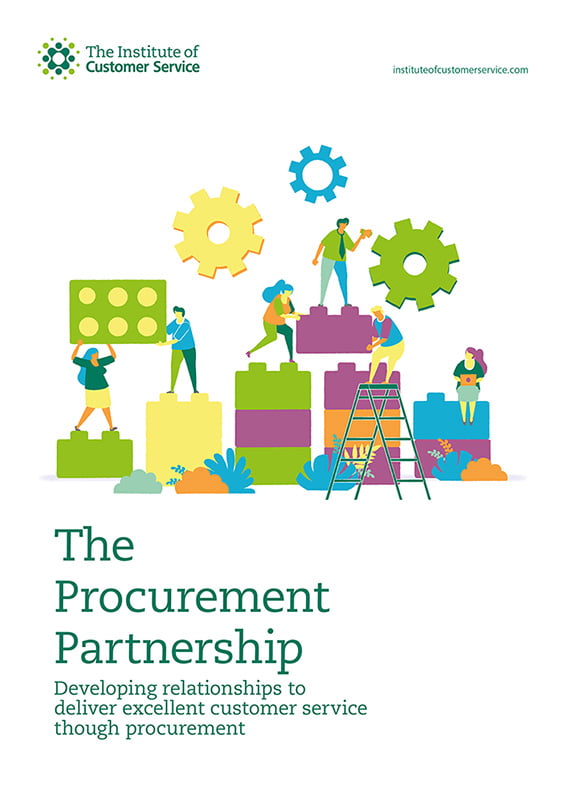As I follow the rolling news cycle, I cannot help but feel concerned about our nation’s economic and societal future. If we reflect on recent news events, we are seeing a series of very public and serious service failures. Whether it’s chaos at Heathrow, disruption on our public transport networks, reports of late or cancelled deliveries or customers waiting weeks for responses to service complaints – it is evident that service provisions are being pushed close to breaking point in a number of sectors across our economy.
I have touched on many of these issues several times over the past few weeks – but it is clear to me that the same basic problems are raising their heads time and again: a shortage of staff, an absence of basic resource planning, a lack of investment and an over-reliance on the goodwill of hardworking service professionals. Against a backdrop of rising inflation and interest rates, these are basic service failures that UK businesses simply cannot afford to keep making.
These issues are not new – they have been building for some time, with the impact of Brexit followed swiftly by the pandemic, breakout of war in Europe and now the escalating cost of living crisis putting growing pressure on staff and supply chains. While there is no doubt these market conditions have put unprecedented pressure on organisations – we do have to ask ourselves: have we learnt nothing from the past few years of instability? The default reaction from some businesses appears to be make cost savings – demonstrating a worrying disregard for the impact on service provision we so desperately need.
They say the definition of madness is doing the same thing over and over again and expecting different results. Yet some organisations are seemingly stuck in the status quo – continually aiming to treat the basic problems we are facing in the same way and hoping for a different outcome. I fear we are stuck in a vicious cycle, with short-sighted cuts only perpetuating long standing service challenges. If we are going to break the cycle and guide our nation out of a potential recession, we need leaders who are brave enough to take a different approach – and bold enough to consider the long-term consequences over the short-term returns.
The reality is, with over £9bn in staff time wasted every month handling customer complaints – the business case for investing in service has already been made. Instead of cutting back, now is the time to be truly considering our long-term people, and service strategies.
We can address these issues by investing in the right type of technology and people, but it is not one at the expense of the other. By undertaking the right training and development to ensure staff feel genuinely connected to the purpose of the organisation and able to act, by investing in new technologies to improve the customer experience and taking the time to conduct proper resource planning before issues arise, organisations can not only enjoy better staff retention and relationships and improved customer satisfaction, but also considerable productivity savings.
There is no doubt that organisations are facing a greater set of challenges than ever before in living memory and I also appreciate that it is easy to stand on the side-lines dispensing advice, yet some of the disappointing service failures we are witnessing are down to basic failings and a fundamental lack of planning. We must, as organisations and as leaders, stop, reflect, and focus. Now is the time for a re-set and re-think; genuinely adopting new and creative tech solutions, seeing service failures as an opportunity to learn strategically, investing in higher levels of skills and competencies and investing in the service experience to help fight off economic downturn. The future of our Service Nation depends on it.




